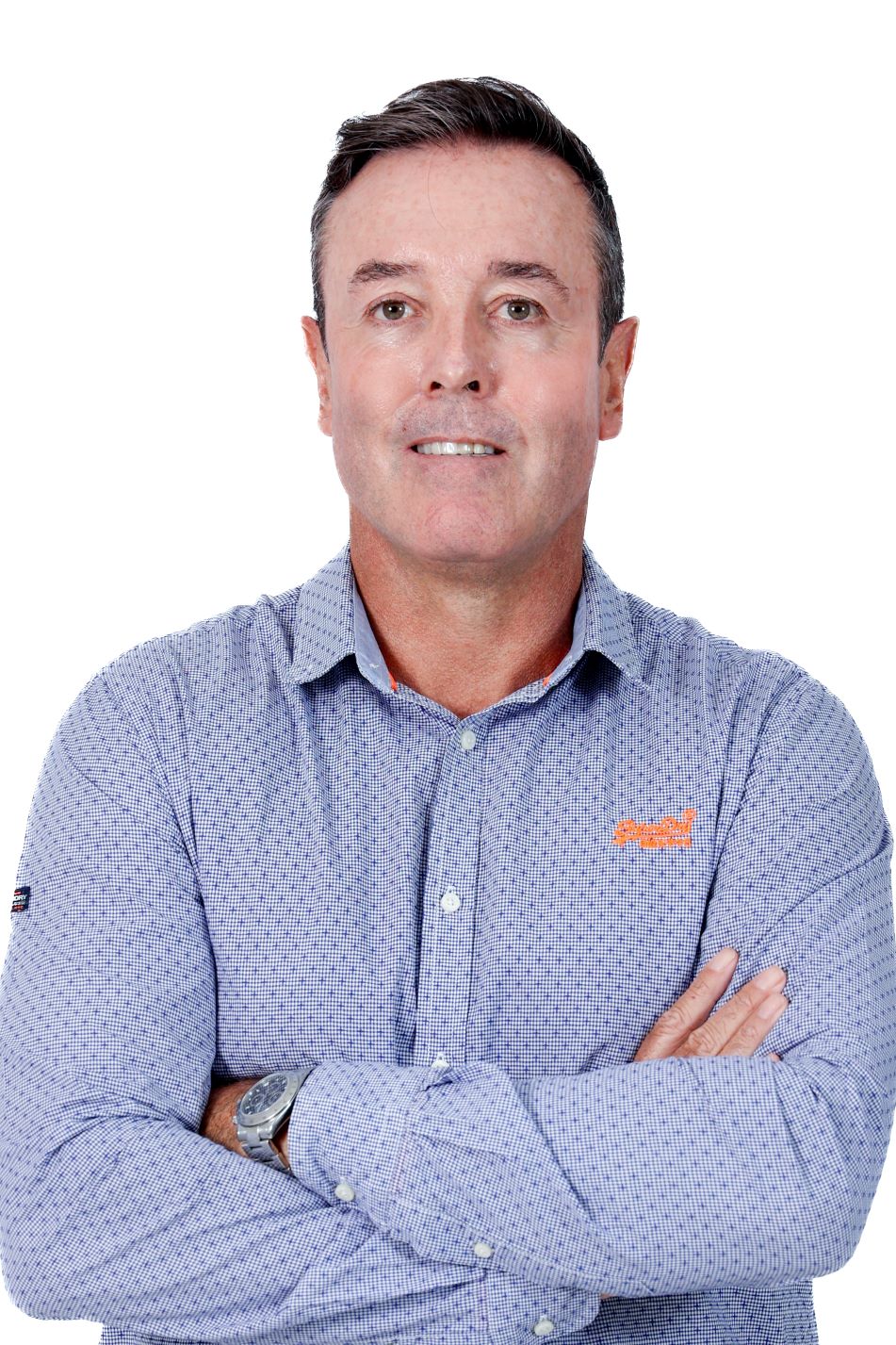 While Africa continues to face challenges around healthcare accessibility and cost, there are glimmers of hope on the digital horizon, explains Rodney Taylor, MD at Guardian Eye
While Africa continues to face challenges around healthcare accessibility and cost, there are glimmers of hope on the digital horizon, explains Rodney Taylor, MD at Guardian Eye
Sub-Saharan Africa is expected to become home to one in three people by the end of the century with a rapidly growing population and some impressive economic growth statistics. Currently, the region’s population is over one billion with more people living on a wage less than $2 per day than anywhere else in the world. With higher mortality rates for women and children, lack of access to infrastructure and medication, and the high cost of medication, Africa needs smart interventions to overcome the barriers to healthcare access and adoption.
Technology has immense potential to help countries across the continent resolve the complexities that come with healthcare across vast distances and income brackets. For example, research has found that there aren’t enough healthcare workers to adequately provide healthcare support and care to people in Africa. Research by the World Health Organization (WHO) highlighted how in South Africa, for example, there are not enough health workers needed to deliver quality of care.
This is made even more complex when looked at through the lens of distance – healthcare workers and patients have to travel huge distances to receive basic care. While focusing on increasing the number of health workers should remain a priority, technology could be used to connect patients to practitioners regardless of distance. Telemedicine platforms allow for healthcare practitioners to undertake remote consultations with patients in remote areas. It’s a powerful emerging healthtech solution for good reason – patients don’t have to travel vast distances to access care and practitioners can swiftly assess their needs and ensure they get the treatment they need despite the patient’s location and infrastructure limitations.
Mobile health (mHealth) has also evolved within this space as it allows for practitioners to stay in touch with patients in remote areas without the need for a physical appointment. Using mobile devices, practitioners can send SMS-based reminders and educational messages that enable preventative care and improve the management of disease.
Africa also faces a high disease burden. HIV/AIDS, malaria, tuberculosis, a high infant and mother mortality rate, and other diseases such as diabetes and cancer, all contribute to a disease burden that accounts for 24% worldwide, even though the continent only houses 17% of the world’s population. This particular challenge is compounded by a massive lack of access to affordable medication and public sector financial limitations. Here, solutions that rely on improved data management, access to healthcare and faster diagnoses can radically reimagine the African healthcare situation.
For example, artificial intelligence (AI) while still relatively nascent in the healthcare field, can be used to increase the speed and accuracy of diagnoses. When this technology is wedded to data input into a telehealth system, for example, then practitioners can diagnose and treat patients across all locations at speed. This can reduce the burden of diseases like TB and malaria by providing patients and practitioners with quick and effective treatment. The cost of drugs remains a prevalent issue across the world with organisations like Medecis Sans Frontieres campaigning for drugs that are less expensive and more suited to the climate and diseases in Africa. However, AI is proving its potential to reduce the cost of drugs across the continent while supporting the public sector’s focus on overcoming legacy healthcare challenges.
The use of innovative and intelligent technology can also be used to reimagine the current holes in patient records which affect accurate healthcare and patient management. By promoting better data management and information sharing through Electronic Health Records (EHR), healthcare systems can improve continuity of care and decision-making. The same can be applied to revisiting the supply chain and healthcare training as technology platforms improve access, optimise stock management, and improve data management and control.
That said, there remain challenges to the implementation of healthtech solutions in Africa. Digital infrastructure is limited and the cost of many of these technologies – particularly AI at the moment – can be prohibitive for companies and governments. This is further complicated by limited digital literacy which can prove a significant barrier to entry for patients and practitioners alike. While technology is a powerful tool, it has to be served up on an accessible platter that comes at a reasonable price, transcends cultural and digital differences, and meets both practitioner and patient on the same level.
Into this complex and challenging health narrative steps AVA by Guardian Eye, an asynchronous telemedicine platform that is the first of its kind in South Africa. Using a Higo device with five interchangeable modules that include a dermhood, stethoscope, throat exam mobile, otoscope and thermometer, the AVA platform allows users to undertake their own physical exam. Accurate data from AVA is then submitted to a doctor for diagnosis within 30 minutes, fundamentally changing the access to health narrative for organisations across all regions and locations. From the city to a remote rural mining outpost, AVA provides quick and effective health access that is much needed on the continent today, reshaping healthcare and its potential.
